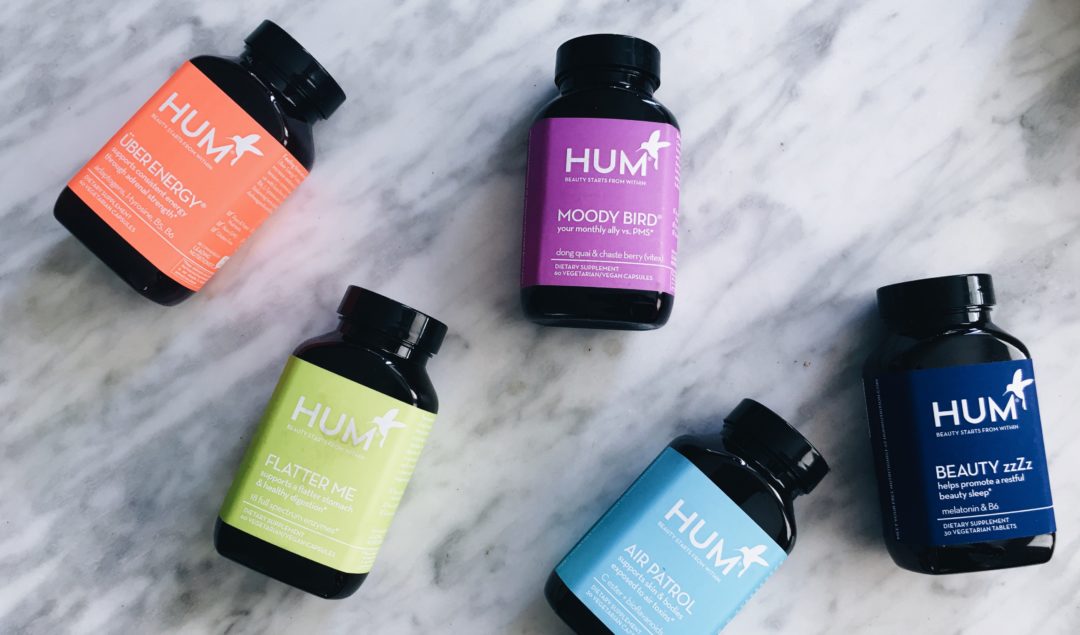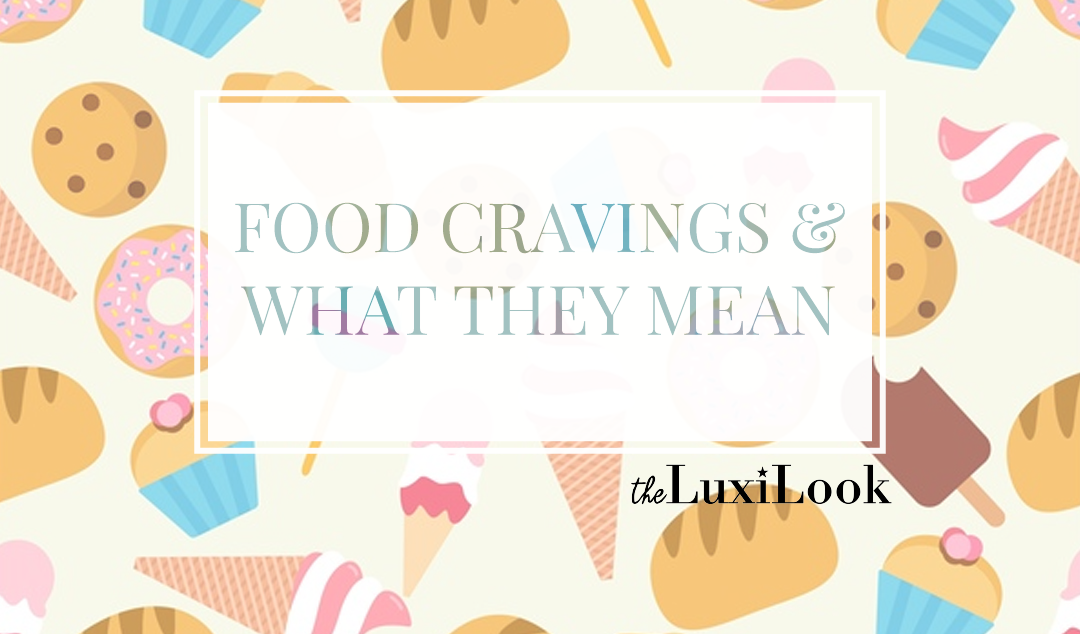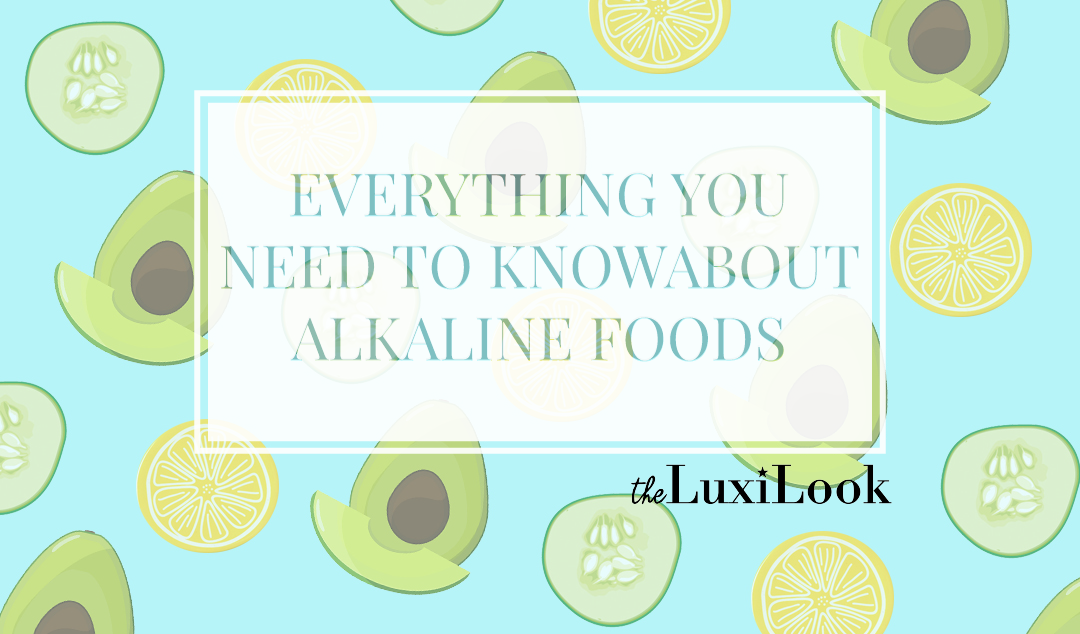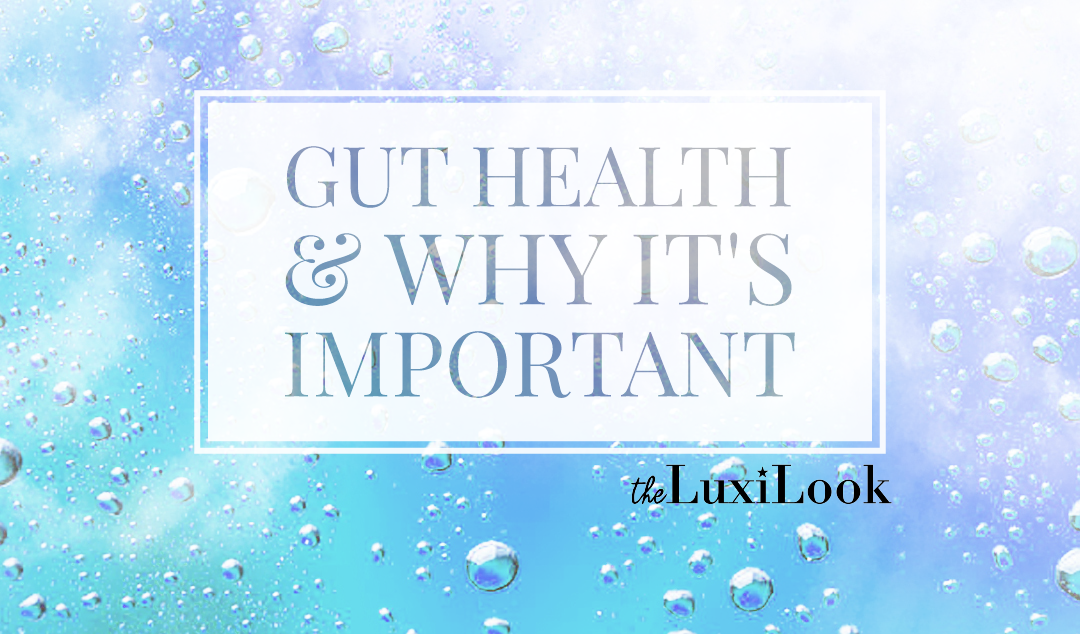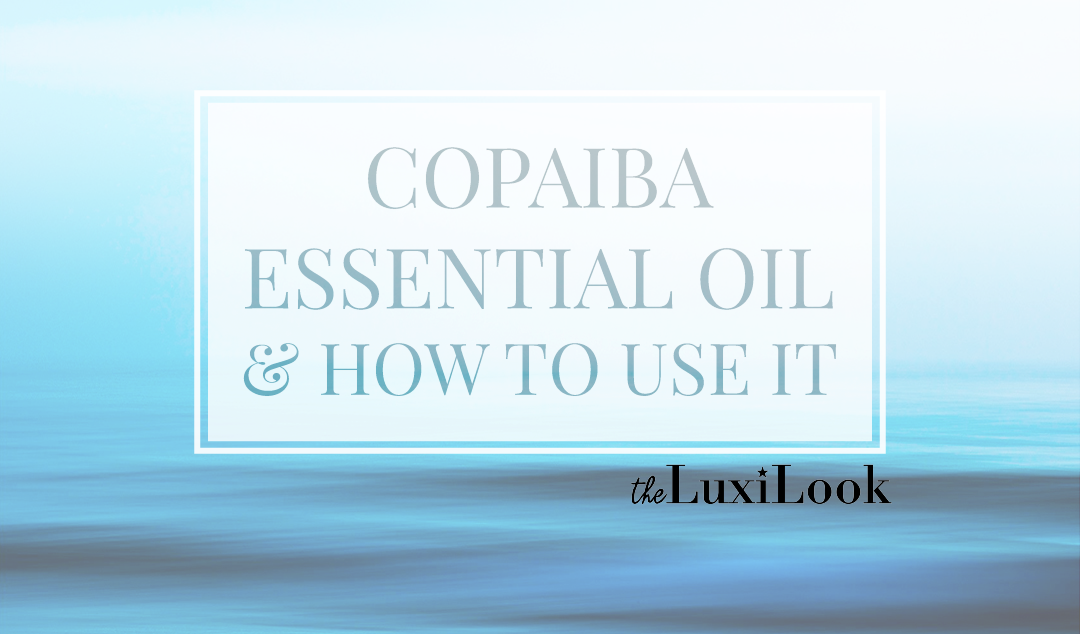Slight confession – I am not the best at taking my vitamins. At least, I wasn’t until I tried Hum Nutrition. Taking vitamins is one of those things that I know is “good for me” (or at the very least, doesn’t hurt to do), but I have a tendency to forget. Whenever I start a new vitamin routine, I’m great about taking them for a week or so before I fall off the habit. Last month I got extremely sick for over a week – think sleep 12-14 hours a night, can hardly move or eat kind of sick.
My body just gave out and I knew I had to take better care of myself.
Since then I’ve made a huge effort not only to adjust some of my habits (particularly around adjusting stress and making sure to get enough sleep), I also started being much more diligent about getting on a regular vitamin routine. I’m not going to lie, it was the cute packaging and branding of Hum that caught my eye initially – but after a month of taking a recommended regimen of vitamins every day, I felt I had to share my experience and how – spoiler alert – positive it’s been for my health and wellbeing.
I’m all about putting in the work to feel your best, but something about taking vitamins has always felt like a bit of a shortcut or cop out to me. I knew that with my work schedule my immune system and sleep schedule would need some help – long haul flights adjusting to cross country time zones on a weekly basis definitely messes with your overall health – so I took the quick assessment on the Hum website to get recommendations for which products from Hum’s comprehensive line of vitamins were best suited for my needs and lifestyle. I picked up the products that were recommended for me, as well as a few other that a friend suggested.
My Hum Nutrition Regimen:
Uber Energy
These claim to help support consistent energy through adrenal strength. What I will say is taking these every day allowed me to cut down on caffeine and feel more balanced overall. Would definitely take these again.
Flatter Me
Supposedly these contain digestive enzymes that help you break down some less than good for you foods (read: sugar, carbs, dairy, etc…) and help you debloat. I didn’t notice too much of a difference taking these, but other reviews online are stellar. I also take a regular probiotic, which may already take care of a lot of my digestive issues.
Air Patrol
I took these as a preventative measure against getting sick since I was traveling so much at the time. It saved me from having to take too many vitamin C supplements and I haven’t been sick (knock on wood) since, despite numerous late nights and cross country flights.
Moody Bird
Probably one of my favorite supplements I added to my routine. After tracking my cycle for the past few months (highly recommend the “Clue” app if you haven’t checked it out already), I noticed that my mood swings and cravings would get very out of control during certain times of month. After taking Moody Bird I’ve honestly noticed a huge difference in my mood and cravings. As someone who grew up with a lot of Eastern medicine and remedies, the ingredients are definitely up my alley.
Beauty zzZz
Melatonin isn’t for everyone (have been told by multiple people that they get weird dreams or feel groggy after taking it), I personally have not had issues with it and found that it really helped calm my nerves and sleep soundly on the nights I needed it most.
Glow Sweet Glow
Not pictured because, um, they’re all gone. The little kid in me loves gummy vitamins, these are legitimately the yummiest ones I’ve ever had. I truly looked forward to eating these every day and was sad when I ran out (note to self: repurchase today!). Oh, and they’re filled with vitamin C and E – which are so good for your skin and make you GLOW!

